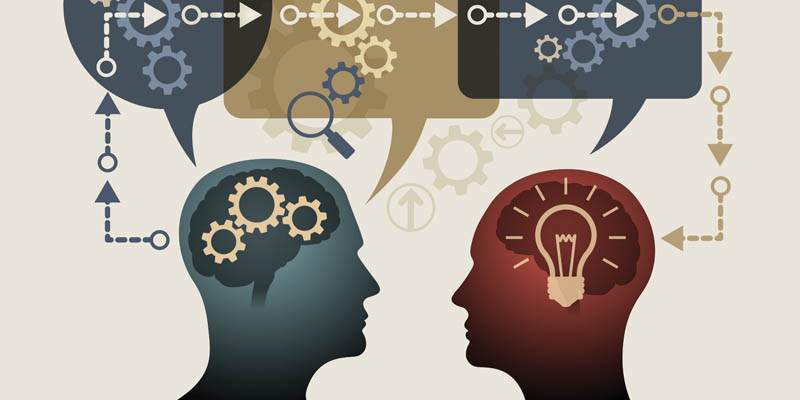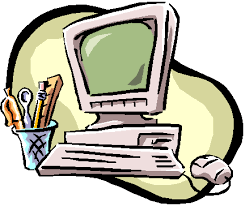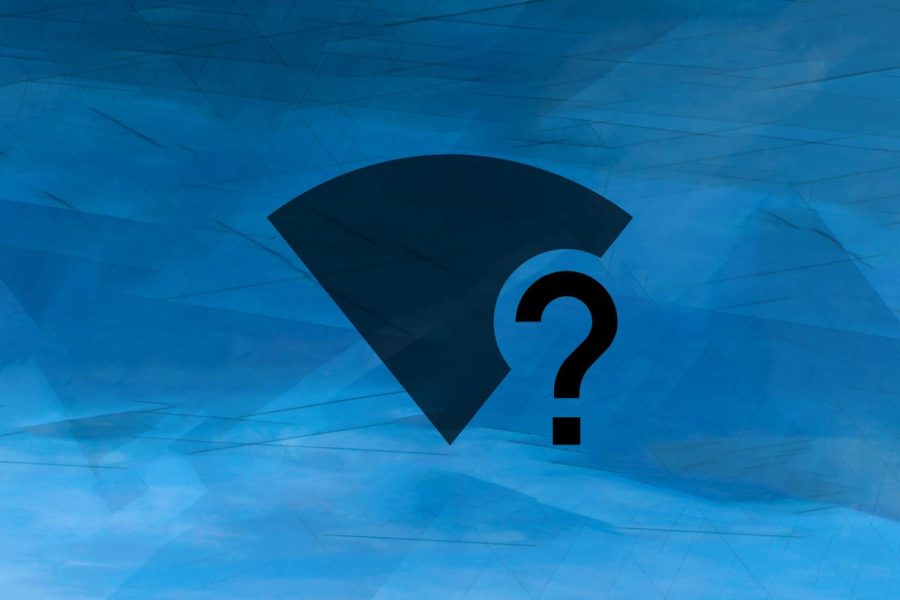“[Language] is the glue that holds a people together, and it is the first weapon drawn in a conflict. [But] [t]he cornerstone of civilization isn’t language. It’s science.” – (Eric Heisserer, Arrival, 16-17)
Science is a broad term – an umbrella cast over sub-topics that collectively study nearly every aspect of the galaxy. Starting small from seeds, rocks, and leafs; then reaching out to medicine and anatomy. An apple fell from a tree, and Newton created Physics. The Greeks studied astronomy and made stars their religion. The Egyptians formed antibiotics simply through experimentation of the natural world around them.
Yet, where would science be without language? The ability to speak and express complex thoughts is a platform that allows people to communicate through both vocal and physical mediums. From Shakespeare to Poe, to Aristotle and Murakami, language has been developed through stories that tell of the old and the new, the true and the fantastical. Nearly every animal on Earth has some form of language. It warns, loves, inspires, and educates. It has built societies, and torn them apart. No instrument as powerful as language has ever been possessed by the entire world.
Language
In 2025, there will be about 7,000 languages spoken worldwide. The main languages are English, Mandarin, Spanish, Hindi, and Arabic. It is believed language was invented somewhere around 100,000 years ago, when homosapiens developed the mouth, larynx, nasal passages, and pharynx in their vocal tracts, allowing them to create a broad spectrum of sounds that no other animal on Earth ever had the ability to produce.
Language is ever developing and throughout different regions, it varies greatly. French, Spanish, Italian, and Portuguese are all rooted in Latin. English, Dutch, German, Icelandic, Swedish, and Norwegian are Germanic languages. Arabic, Hebrew, Aramaic are Proto-Semitic. It became isolated and developed its own individuality based on region after humans migrated out of Africa 50,000 years ago.
Language is the first thing a child learns. Infants are surrounded by it; it’s what helps them develop an understanding of society’s communication and existence woven together. Personal communication expresses deep meanings for the soul, and unarguably forms the intimate relationships that humans desire. It is believed that there are five main types of communication: demands, thoughts, information, action, and countenance. People demand what they want or need, announce their thoughts on a given topic, provide or receive information, and perform actions and facial expressions that correlate to their statements.
Society is built upon the learnings of the past. It is because of language that fundamental ideas such as philosophy, art, culture, religion, truth, emotion, and countless other subjects can be examined, expressed, and discussed. Myths and legends, scientific discoveries, wars, political systems, revolutions, philosophical debates, agricultural development, and of course – Martha Stewart’s Apple Pie Recipe – have all had an impact on global society. Language, like DNA, is necessary for human growth. It is a muscle worked tirelessly day in and day out, yet also a pleasure that humans – for a hundred millenniums – have never been able to get enough of. Without it, the ancestors of today’s generation would not exist, nor would the ocean of culturally diverse societies that use the tool of language over all else.
Science
Some say science is the discipline of studying the natural and observable world’s behavior through theories, experimentations, and observation. Others argue that science is simply the masterful knowledge of any kind.
Science engineered the human race to be the most progressive species on the planet. For thousands of years, science has been used to fulfill basic human needs and better living standards. Cures for disease prevent natural selection from eliminating the masses, and technological advancement has allowed the world to connect in ways no one ever dreamed possible before. In order to understand Earth, and even the galaxy beyond it, science is the most useful tool to uncover the mysteries of the universe’s existence, and moreover, provide people with the knowledge of the creation of life.
But it is important to remember where this all began. Modern science is built off of the pedestal that the ancient world molded. The Mesopotamians studied math, the Babylions astrology, the Egyptians medicine, the Greeks geology, and so on (though these categories are not limited to these groups). Were it not for science, humans would not have studied and mastered the wind patterns, nor would empires have set sail thousands of ships to conquer the world. Rampant plagues like the Black Death would have sent humanity extinct if it were not for the antibiotics developed by chemists and biologists. Cars, movies, electricity, concrete, forged iron, cakes, sweaters, clean water, rainforests, the wings of a butterfly, and countless more are all perceived or developed through science.
The education of this field is of dire importance, especially as the world enters an era where clean and renewable sources of energy are vital to the planet’s survival. Science is a blueprint for sound, logical reasoning that can help the world pursue a nourished future with equality and prosperity. It is the science of evolution that has provided people with the ability of complex language and it is science that the world relies on for survival.
Both language and science are valued and diverse fields practiced and admired by cultures alike. The subjects’ greatest achievements have been and always will be their ability to unite humanity as one.
Sources:
https://news.stanford.edu/stories/2019/08/the-power-of-language-how-words-shape-people-culture










































































